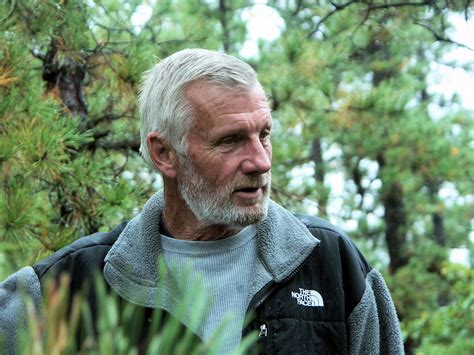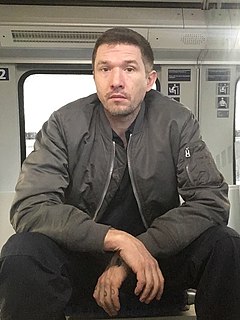A Quote by Demi Moore
I like to connect to people in the virtual world, exchanging thoughts and ideas, when in the physical world we might never have the opportunity to cross paths.
Related Quotes
One of the wonderful things about the information highway is that virtual equity is far easier to achieve than real-world equity...We are all created equal in the virtual world and we can use this equality to help address some of the sociological problems that society has yet to solve in the physical world.
Don’t you see? You and he might never cross paths again. Of course, a chance meeting could occur, and I hope it happens. I really do, for your sake. But realistically speaking, you have to see there’s a huge possibility you’ll never be able to meet him again. And even if you do meet, he might already be married to somebody else. He might have two kids. Isn’t that so? And in that case, you may have to live the rest of your life alone, never being joined with the one person you love in all the world. Don’t you find that scary?
Back in the 1980s, when the internet was only available to a small number of pioneers, I was often confronted by people who feared that the strange technologies I was working on, like virtual reality, might unleash the demons of human nature. For instance, would people become addicted to virtual reality as if it were a drug? Would they become trapped in it, unable to escape back to the physical world where the rest of us live? Some of the questions were silly, and others were prescient.
One of the reasons people might be fallible, why we might fail to do what we try to do isignorance, that we have a limited understanding of the laws of the world - the physical laws that govern the world and of all the particulars of the world upon which those laws work. And then there's ineptitude, meaning that the knowledge is available, but individuals fail to apply it correctly. The third source is "necessary fallibility." That is, we're never going to be omniscient, there is some knowledge that we will simply never achieve, and there are limits to what we will be able to do.
Let's stick to the practical and the concrete: Would you like it if people lived in a virtual world? If machines were smarter than people? If, in the future, people, animals and plants were products of technology? If you don't like these ideas, then for you the computer and biological sciences clearly are dangerous.
There are paths and ruts in the spirit world as there are in the physical and mental world. One must take the tools of the spirit world and make one's own path rather than exactly follow the paths of those who once were . . . You must not seek their path and their understanding, but you must seek your own. The ruts of the spirit are trying to follow others and it cannot be done.
We're not in the physical world. The physical world is in us. We create the physical world when we perceive it, when we observe it. And also we create this experience in our imagination. And when I say "we," I don't mean the physical body or the brain, but a deeper domain of consciousness which conceives, governs, constructs and actually becomes everything that we call physical reality.
First, he says, you have to go out into the world. This is not a simple matter of going outside one's door. No, that is simply going out. That's what one does when one is on the way to the store to buy a loaf of bread, some cheese, and a bottle of wine. When one goes out into the world, one is shedding preconceptions of past paths and ideas of past paths, and trying to move freely through an unsubstantiated and new geography.




































